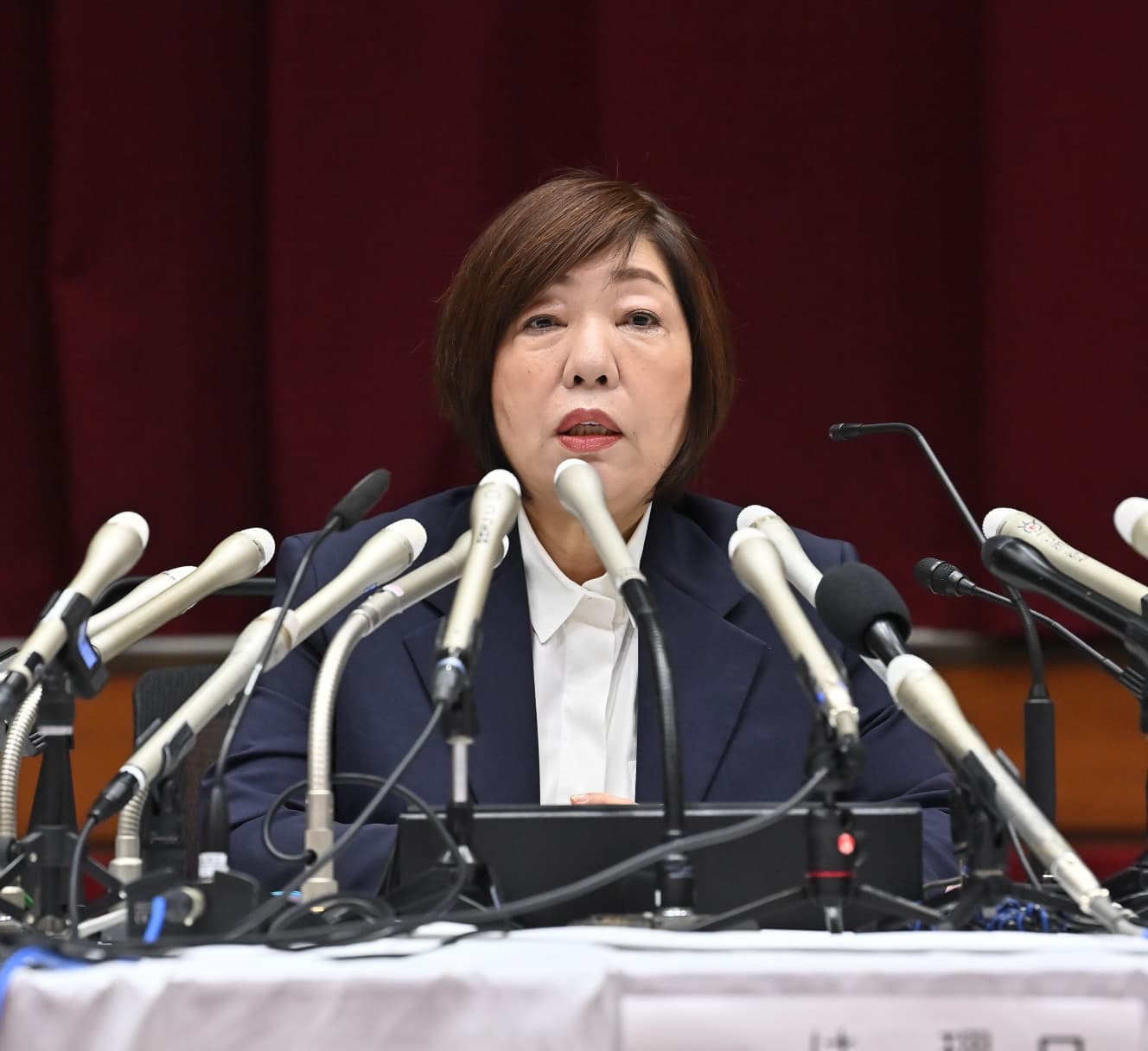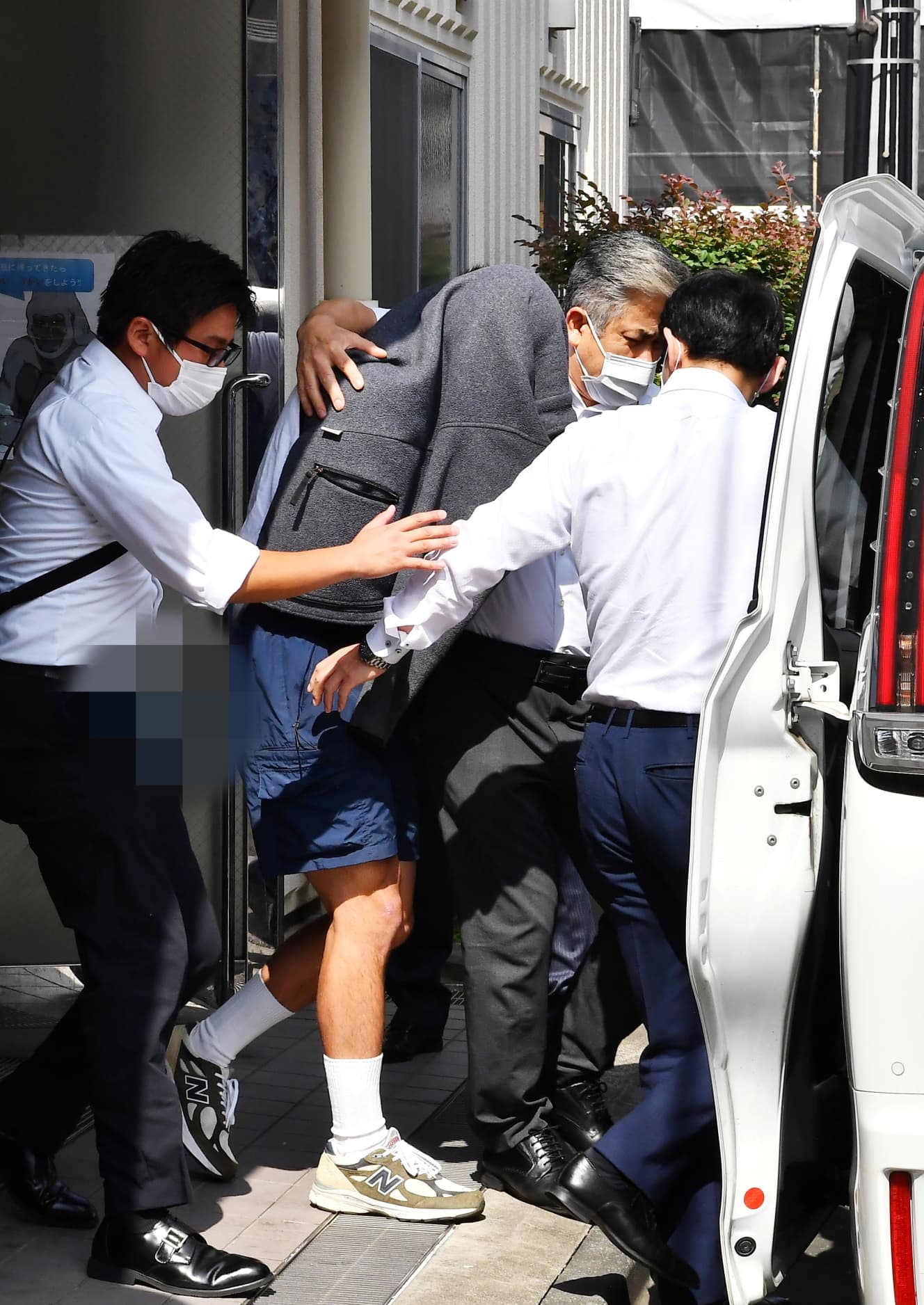Two members of the University of Tokyo’s football team suspended for the season due to a drug problem, but the team’s “football clique” is still not abolished.

On August 8, the Kanto Student American Football Federation (Kanto Amateur Football Federation) held an extraordinary meeting of its board of directors and announced the suspension of the University of Tokyo football team for the current season and its demotion from the Top 8 of Division 1 to the Big 8 of Division 1 next season after two members of the team were arrested on suspicion of violating the Marijuana Control Law and other charges.
The investigation report compiled by the Disciplinary Committee of the Kanto Football Federation stated, “Without being properly aware of their authority and responsibility, the leadership of the football team took an inappropriate direction with their thoughtless and irresponsible comments. The report went as far as to say , “The organization is not small in its responsibility for negligence.
Specifically, the report pointed out two issues regarding the arbitrary and arbitrary actions of the club’s advisor.
(1) After the advisor became aware of suspicions of illegal drug use by club members, he consulted with the local police station, but shared the mistaken belief with the rest of the executive committee that “it would be difficult to make a case and the police would not act,” thus delaying a response.
(2) The advisor had the authority to be involved in the selection of the coach.
He decried the closed nature of the football club, which was managed by a specific person and did not allow outside intervention.
Who, then, was the advisor? The report does not mention the name of the individual, but it is believed to be a former coach of the football team and an alumnus who now holds a key position in the university administration.
The Disciplinary Committee interviewed a total of seven people, including the six leaders of the team and the head of the athletic sports department of Nihon University, but was unable to interview the arrested team members because they were under investigation by Nihon University.
The report states, “We believed that interviews should be conducted with a total of eight people, including three members of the club who were thought to have possibly used illegal drugs such as marijuana and five former members of the club who were thought to be graduates, and we requested that the Nihon University football club coordinate interviews with these people. However, we were unable to obtain cooperation from Nihon University, and we have not interviewed these members or former members of the football team,” the report states.
Not only the football team, but also the university does not seem to be willing to reveal the full extent of the situation. If the situation goes this far, there is a view that the football team will be abolished.

Today’s universities, like corporations, are required to have integrity, to be honest, to comply with laws and regulations, and to fulfill ethics as a school of learning,” he said. Nichidai does not understand the times at all.”
A university official who has been coaching student football for many years continued, “The members of the team are not allowed to represent the university or any other school.
We tell our members to be representatives of the university and role models for other students. They are students before they are members of the football team, so it is only natural that they attend lectures. If they fail to earn credits, they are not allowed to participate in games or even practice. In our meetings, we write and debate about things other than athletics, such as our personal lives. It is a bit of a mouthful to call it human education. In fact, the hurdles are high, so it is a process of trial and error. It is a process of trial and error.
The students are not just trying to be “civil and military,” but they are doing their best to fulfill their true duties as students. The instructors are also moving forward with the students, thinking and worrying together with them so that they will be able to live as members of society after graduation. Nevertheless, the university official continues, “The pure bloodlines and the pure-heartedness of Nichi-Dai are not the reason for the success of the students.
The pure-bloodedness and superciliousness of Nihon University will not change, so there is no way that the football team will be abolished.
Toshiki Tsuda, a sportswriter who supervised the publication of “Amefto Sangokushi” (Sankei Publishing Co., Ltd.), which describes the rivalry between Kwangaku, Kyoto University, and Ritsumei University, agrees.
He says, “Even after the ‘malicious tackle incident’ in May 2006, Nihon University’s athletic department has continued to hold power by occupying the center of the university. While former coach Masato Uchida and former coach Sho Inoue were disciplined and fired, they settled when brought to court, former coach Uchida was given severance pay, and coach Inoue was reinstated as a university employee. The handling of the drug case is proof that the dictatorship of former Chancellor Hidetoshi Tanaka has not completely collapsed. He is probably keeping his head down and enduring the storm of criticism as it passes by.
For Nihon University, the football team was a prestigious club representing university sports along with the sumo and track and field teams, and was especially admired by high school students at the top level of sports, which led to attracting a small number of prospective students. Therefore, Nichi-Dai could not easily abolish the club. Some on-campus officials might advocate the abolition of the club, but it would probably succumb to pressure from the competitive sports clubs and alumni and dissipate under the cloud.”
The nickname of Nihon University, which boasts 21 Koshien Bowl championships to determine the best university in Japan, is the Phoenix. Apparently, as the name implies, the football team is eternal.


PHOTO: Shinji Hasuo